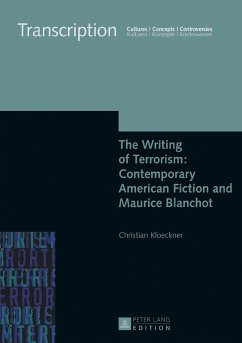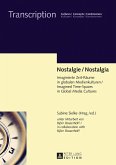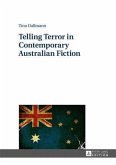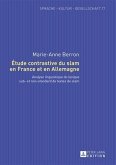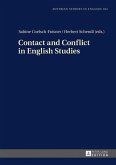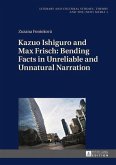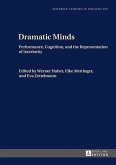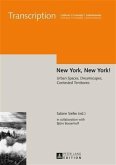Terrorism has long been a popular subject for American fiction writers. This book argues that terrorism in 1990s novels by Paul Auster, Philip Roth, and Bret Easton Ellis serves as a key trope to interrogate the limits of writing and the power of literature. Based on the complex literary and philosophical thought of Maurice Blanchot, this study deals with the writer's terrorist temptation, language's investment in violence, and literature's negotiation of radical alterity. Auster's, Roth's, and Ellis's novels elucidate contemporary political and economic developments as well as our cultural fear of, and fascination with, terrorism. The writing of terrorism can thus become the foundation of a different politics where, according to Maurice Blanchot, «there is no explosion except a book.»
Dieser Download kann aus rechtlichen Gründen nur mit Rechnungsadresse in A, B, BG, CY, CZ, D, DK, EW, E, FIN, F, GR, HR, H, IRL, I, LT, L, LR, M, NL, PL, P, R, S, SLO, SK ausgeliefert werden.
«In enlisting Blanchot's thinking in order to understand better the relation between literature and violence, Christian Kloeckner does not aim, however, to examine the thematic treatment of terrorism in selected novels as such, but rather 'to analyse [them] for the ways in which they relate terrorism to the act of writing and the question of literature's power' (p. 19). To this end, he offers an often astute, well-informed analysis of Auster's early prose and poetry, and tracks with illuminating persistence the trace left on Auster by his encounter with Blanchot.»
(Leslie Hill, French Studies Volume 72, Issue 1 2018)
(Leslie Hill, French Studies Volume 72, Issue 1 2018)

